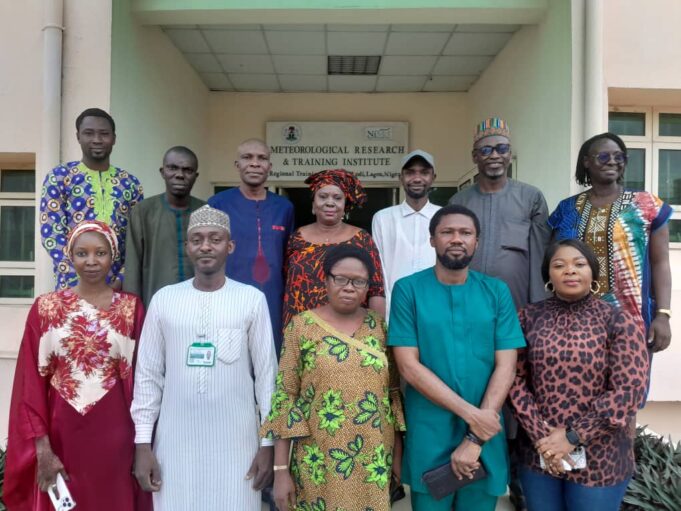NiMet strengthens quality management standards with ISO migration, trains internal auditors

The Nigerian Meteorological Agency (NiMet) is enhancing its quality management standards across various departments through a series of strategic initiatives.
This move, according to NiMet, is part of the agency’s commitment to providing superior meteorological services.
The agency disclosed that Prof. Charles Anosike, the Director-General and CEO of NiMet, approved the training of additional personnel as internal auditors.
This training, conducted by the Standard Organisation of Nigeria (SON), was in preparation for NiMet’s transition to the latest International Standard ISO 21001:2018 for Educational Organisation Management Systems.
At a recent internal audit based on the ISO 29990:2010 standard, held at NiMet’s Regional Training Centre (RTC) in Oshodi, Lagos, Usman Abdulrahman, the Head of Quality Management System (QMS) at NiMet, emphasised the agency’s commitment to staff development and service improvement.
“NiMet Management, under the leadership of Professor Charles Anosike, has prioritised staff capacity development and is putting in place processes to improve the services provided by NiMet,” Abdulrahman stated.
The internal audit, which took place from June 20-21, 2024, was aimed at ensuring that the design, development, and delivery of learning experiences at RTC meet ISO and World Meteorological Organisation (WMO) standards.
“The internal audit of processes at the RTC provides a transparent analysis of our programs, including the Basic Meteorological Observation Course (BMOC), Basic Instruction Package for Meteorological Technicians (BIP – MT), Basic Meteorological Package for Meteorologists (BIP – M), and other specialised training courses in Meteorology and Agro-meteorology,” Abdulrahman explained.
He explained further that the implementation of the ISO 29990 standard at RTC Oshodi aims to provide a unified standard for learning service provision and lifelong learning experiences for interested parties in meteorological services across Nigeria, Western Africa, Africa, and globally.
Abdulrahman concluded by highlighting the agency’s goal to adhere to international standards, thus reinforcing NiMet’s position as one of the leading providers of meteorological training and services in the West African region.







